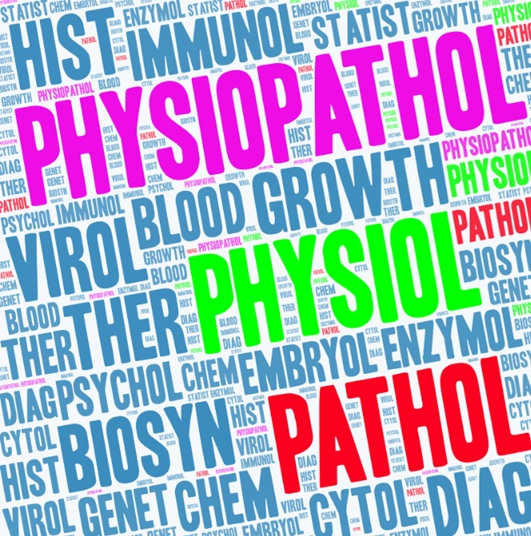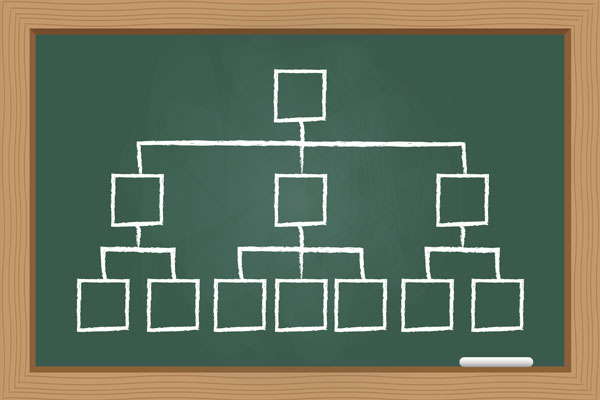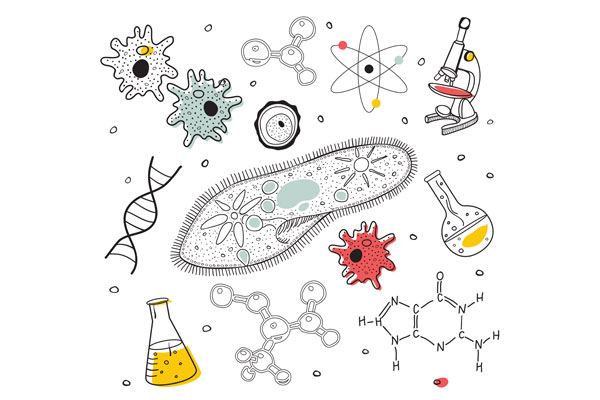DeCS tips
The rule of three in indexing

When many descriptors are discussed in a document, it may not be possible to index each one without using too much depth. Then, the “rule of three” applies: if more than three concepts are selected and they can be covered by a single broader term, that broader term should be chosen for indexing. Consulting the […]
Subheadings: pathol, physiopathol & physiol

The DeCS tip for this post refers to the qualifiers pathology (PATHOL), physiopathology (PHYSIOPATHOL), and physiology (PHYSIOL), which are often misused in indexing. pathology pathology should be used ONLY if the article discusses anatomical, histological changes in the DISEASE, NOT as a substitute for “disease”. Indexing examples: physiopathology physiopathology should be used ONLY if the […]
World Women’s Day

The United Nations (UN) officially declared March 8 as International Women’s Day, as an action aimed at combating gender discrimination in the world. Gender equity and equality are fundamental values of the Pan American Health Organization, integrated into all its programs, policies and technical cooperation actions. In DeCS, the descriptor Women covers the concept of […]
MeSH Class 3 descriptors: “check tags”

Virtually every biomedical article will describe subjects of research (human or animal; mice or rats, etc). Clinical articles will describe treatment, diagnosis, etc of diseases in patients. These articles will almost always mention the number of patients, their gender and age. Experimental articles will almost always mention the species and gender of the animal. HUMAN […]
World Cancer Day

PAHO is working with countries in the Americas to reduce premature deaths from noncommunicable diseases (NCDs), including cancer, by 25% by 2025. In February, PAHO observes two cancer awareness days: World Cancer Day and International Childhood Cancer Day. International Childhood Cancer Day is a collaborative global campaign to raise awareness about childhood cancer and express […]
Indexing tips

A good indexer: A good indexer shall not: From: https://www.nlm.nih.gov/bsd/indexing/training/TIP_030.html
MeSH Data Structure

DeCS structure originates from MeSH’s and is centered on descriptors, concepts and terms, to make it more compatible with the Unified Medical Language System (UMLS). The record contains a descriptor, which covers a class of concepts closely related to each other in meaning, and each concept covers a class of synonymous terms. Each record has […]
DeCS/MeSH poli-hierarchies

The concept is the knowledge unit of a thesaurus and is limited by its scope note. DeCS/MeSH concepts are grouped in large categories that are hierarchically arranged from broader to narrower concepts. Due to this branched structure, these hierarchies can be understood as the branches of a large tree. By clicking on the “Hierarchy” tab, […]
Using qualifiers: etiology

The qualifier etiology is used in coordination with the descriptors of the category [C] Diseases to indicate causal agents of diseases, including factors that contribute to or cause diseases. When navigating the hierarchy under the qualifier etiology, note that there are more specific qualifiers that should be used when appropriate. Generally, when the etiology qualifier […]
World Rabies Day

The World Rabies Day is recognized by the World Health Organization (WHO), and celebrated every September 28 to reinforce awareness about prevention, the fight against this Zoonotic Disease and their achievements. When searching the DeCS/MeSH portal for the term “Rabies” using “Any term”, the descriptors related to the disease that appear are: Explore DeCS and […]
Descriptor/qualifier coordination

Coordination is a fundamental principle of MeSH indexing. By proper coordination of a limited number of MeSH headings and appropriate subheadings, the indexer can describe the entire content of any lengthy and complex article. In order to adequately index the content of an article, it is usually not enough to use a single MeSH term. […]
Qualifiers and their abbreviations

qualifiers in ENGLISH qualifiers in SPANISH qualifiers in PORTUGUESE abbrev.1 abbrev.2 analogs & derivatives análogos & derivados análogos & derivados AA ANALOGS abnormalities anomalías anormalidades AB ABNORM administration & dosage administración & dosificación administração & dosagem AD ADMIN adverse effects efectos adversos efeitos adversos AE ADV EFF agonists agonistas agonistas AG AGON anatomy & histology […]


